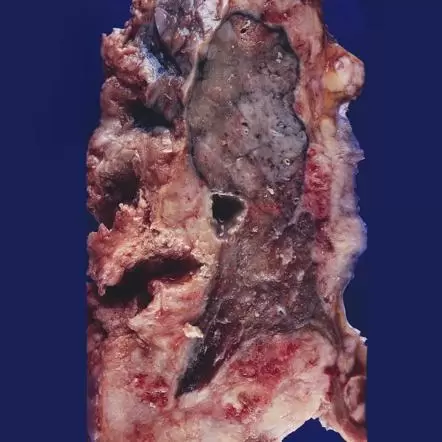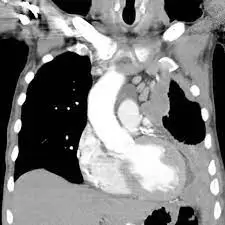Mesothelioma is a rare and aggressive form of cancer primarily caused by exposure to asbestos, a mineral commonly used in construction and manufacturing industries until its health hazards were recognized. Treating mesothelioma is a complex process that requires a comprehensive approach. This blog post will delve into the three primary treatment options for mesothelioma: surgery, chemotherapy, and radiation therapy.

Surgery
Surgery is a crucial component of mesothelioma treatment, especially in the early stages of the disease when the tumor is localized and has not spread extensively. The main goal of surgery is to remove as much of the cancerous tissue as possible, thus alleviating symptoms and potentially prolonging survival.
Pleurectomy/Decortication (P/D)
In this procedure, the surgeon removes the affected pleura (lining of the lungs) along with any visible tumors. Unlike the more extensive extrapleural pneumonectomy (EPP), P/D preserves the lung, making it a viable option for patients with better lung function.
Extrapleural Pneumonectomy (EPP)
This aggressive surgical option involves removing the entire lung on the affected side, the nearby pleura, parts of the diaphragm, and the pericardium. EPP is typically reserved for patients with early-stage mesothelioma and good overall health.
Cytoreductive Surgery with Hyperthermic Intraperitoneal Chemotherapy (HIPEC)
This combination approach is used for peritoneal mesothelioma, affecting the lining of the abdomen. The surgeon first removes visible tumors from the abdominal cavity and then delivers heated chemotherapy directly into the area to target any remaining cancer cells.

Chemotherapy
Chemotherapy is a systemic treatment that uses powerful drugs to kill cancer cells or slow their growth. It is commonly used in combination with surgery or radiation therapy to enhance the effectiveness of treatment. Chemotherapy can be administered in different ways:
a. Systemic Chemotherapy: The drugs are delivered orally or intravenously, allowing them to circulate throughout the body to target cancer cells wherever they may be.
b. Intracavitary Chemotherapy: For pleural mesothelioma, a specialized method known as intrapleural chemotherapy delivers drugs directly into the chest cavity to concentrate their effects on the affected area.
c. Intraperitoneal Chemotherapy: Similarly, for peritoneal mesothelioma, intraperitoneal chemotherapy involves directly infusing drugs into the abdominal cavity.
Radiation Therapy
Radiation therapy employs high-energy rays to destroy cancer cells or prevent their growth. It is often used in combination with surgery or chemotherapy, particularly to shrink tumors before surgery or to target any remaining cancer cells after surgery. There are two main types of radiation therapy used for mesothelioma:
a. External Beam Radiation: The most common form of radiation therapy, external beam radiation, involves directing radiation from outside the body to the tumor and surrounding areas.
b. Intraoperative Radiation Therapy (IORT): This specialized technique delivers radiation directly to the tumor site during surgery, precisely targeting the affected area while sparing healthy tissues.
Emerging Treatments
In addition to surgery, chemotherapy, and radiation therapy, there are several promising emerging treatments for mesothelioma being studied in clinical trials. These include:
a. Immunotherapy: Immunotherapy aims to harness the body’s immune system to recognize and attack cancer cells. This approach includes immune checkpoint inhibitors, adoptive T-cell therapy, and cancer vaccines.
b. Targeted Therapy: Unlike traditional chemotherapy, targeted therapy drugs focus on specific molecular abnormalities present in cancer cells, minimizing damage to healthy cells.
c. Photodynamic Therapy (PDT): PDT involves administering a photosensitizing agent and then using light to activate it, resulting in the production of reactive oxygen species that can kill cancer cells.
Mesothelioma is challenging cancer to treat, but advancements in medical research have led to a range of treatment options that can improve patient’s quality of life and potentially extend survival. Surgery, chemotherapy, and radiation therapy remain the mainstays of mesothelioma treatment, and their combination can be highly effective, particularly in the early stages. As research continues, the emergence of new treatment modalities offers hope for even better outcomes for those battling this devastating disease. If you or a loved one is facing mesothelioma, it is crucial to consult with a specialized medical team to determine the most appropriate treatment plan based on individual circumstances.

Medical oncologist Dr. Anne Wolf is director of the Mesothelioma Program and chair of the Clinical Research Committee at the University of Texas MD Anderson Cancer Center in Houston.


You have noted very interesting details! ps decent internet site.Raise your business